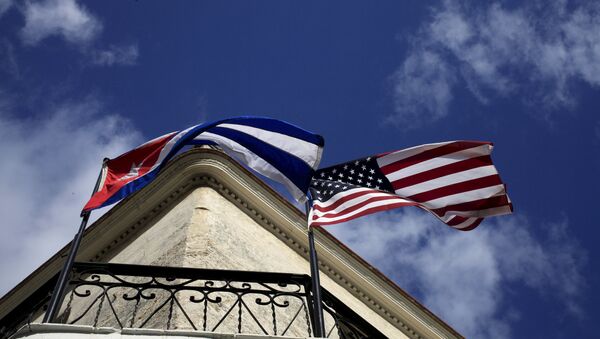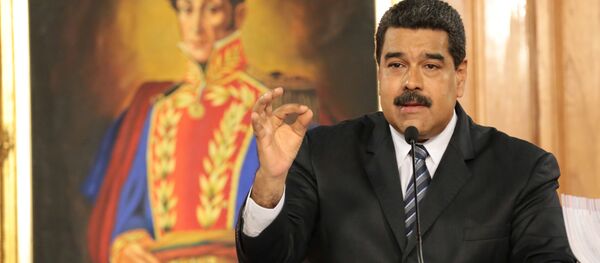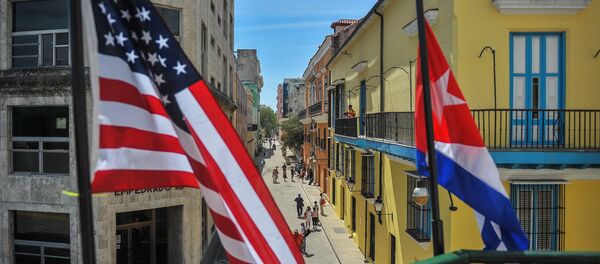Cuba warned that it would retaliate but promised to keep the channels of cooperation open.
The head of the Department of International Organizations and World Political Processes at Moscow State University, Andrei Sidorov, said in an interview with Sputnik that currently Cuba doesn’t represent much in terms of strategic importance to Trump.
“Cuba does not represent a great value for Trump at the moment because he has a somewhat different approach to his vision of the US in the Western Hemisphere. He is pulling all the blankets on himself, transferring everything to US territory in terms of production which was formerly overseas, so in that sense it is logical that he wants to reconsider this agreement,” Sidorov said.
According to the analyst, the diplomatic relations between the two countries will stay in place but it is quite possible that some kind of economic sanctions against Cuba will be introduced.
Talking about Obama’s administration, the analyst said that the previous US president was working to enhance cooperation with the Latin American countries.
Keeping that plan in mind, Obama practically eliminated the Cuba issue in US relations with its southern neighbors.
“For Trump, as is known, neither partnerships, nor other similar options related to the creation of free trade zones are of any importance. Moreover, he wants to reconsider the North American Free Trade Agreement (NAFTA),” Sidorov said.
He further said that recently Trump found an excuse to “pause” bilateral relations with Cuba.
“Cuba allegedly supports and sells weapons and technology to North Korea and using this allegation, Trump is thinking of how to reconsider relations with Cuba and to launch a negotiation process that would determine relations between the two countries,” Sidorov said.
Looking at the possible prospects of this situation, the analyst noted that the Cubans have already expressed their readiness for negotiations with the US, but they will not make any big concessions.
"Therefore, this may drag on for a long time. I think that in this case Trump would demand that Cuba refrain from supporting those regimes that Americans do not like," the analyst said.
According to the analyst, Cuba, in the eyes of many Latin American states, especially those with left-wing governments, has symbolic significance as a country that could withstand the US even after the collapse of its ally the USSR.
“It [Cuba] managed to fit into a new system of international interaction, to attract West European business and to revive its tourism. Basically it did not perish even when it was isolated,” Sidorov said.
In 2014, the United States and Cuba announced the start of a process for normalization of bilateral relations. In July 2015, the countries restored diplomatic relations.
Subsequently, the parties signed a number of bilateral agreements, although the trade embargo against Cuba, introduced by the US Congress, was never formally abolished.
In 2016, Obama became the first president of the United States to visit the “Island of Liberty” after nearly 90 years. When leaving his post, Obama announced the termination of the so-called “wet foot, dry foot” policy, which provided for the legal status of illegal migrants from Cuba in the US and Havana welcomed this decision.




